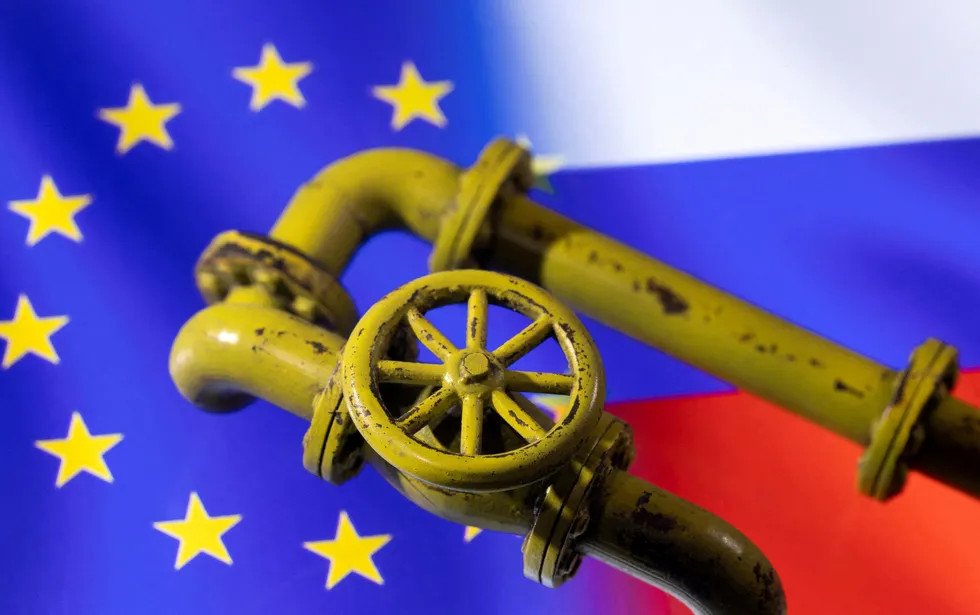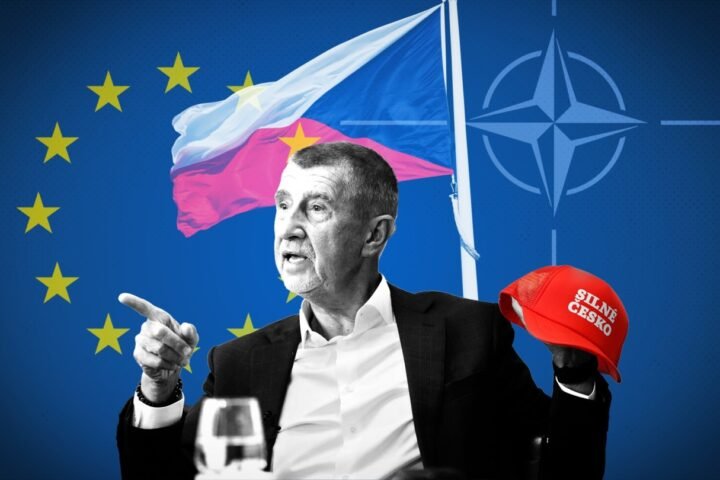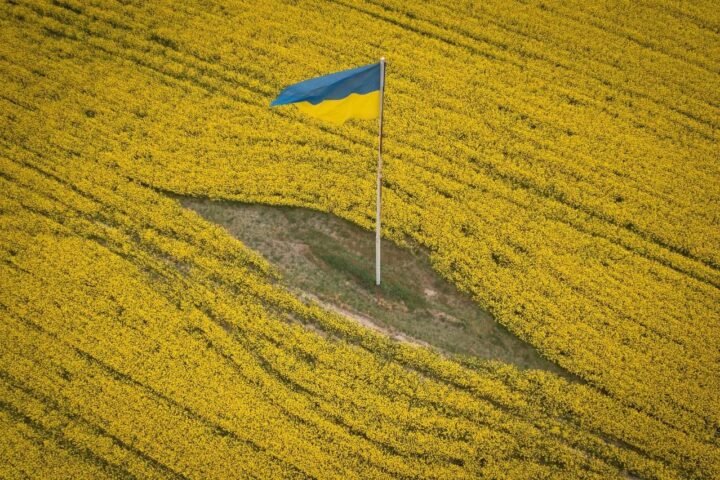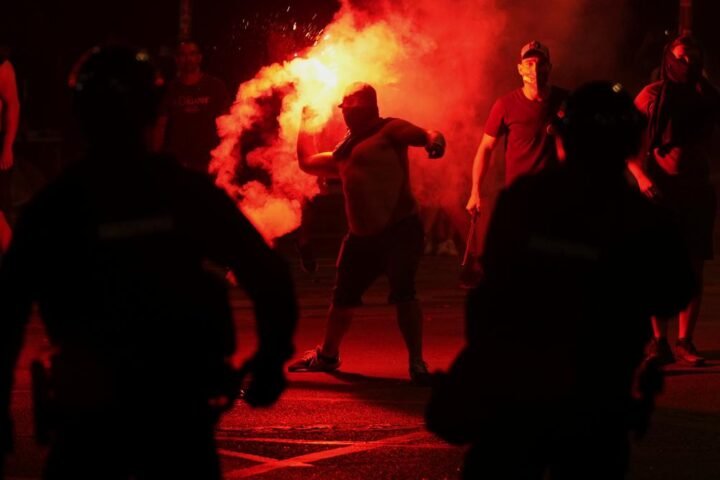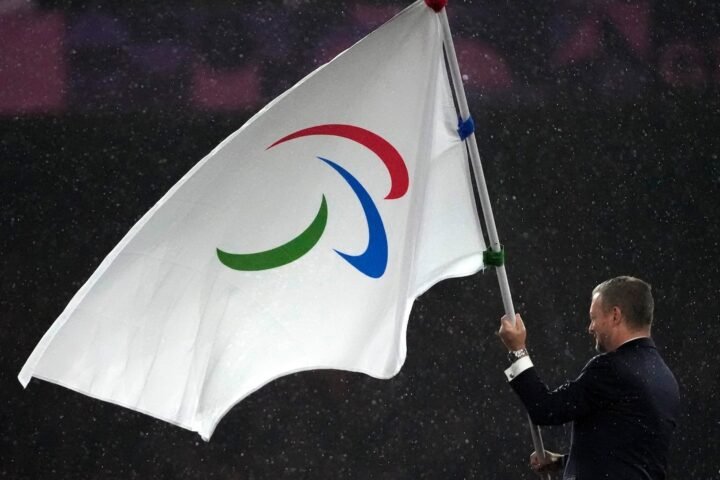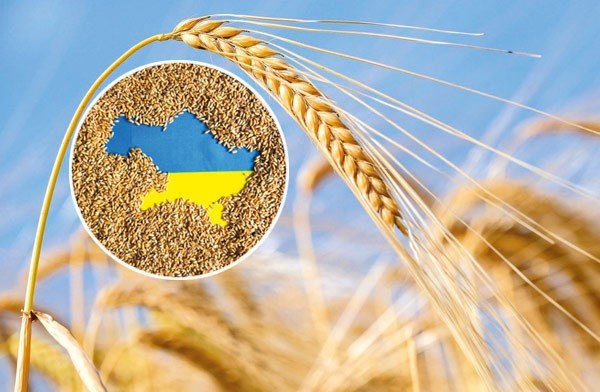Moldova will hold parliamentary elections on 28 September 2025, a vote seen as pivotal for the country’s long-term future. Far from being just another electoral exercise, this ballot is set to determine whether the nation deepens its integration with Europe or returns to Moscow’s sphere of influence.
European path or Russian control
The choice facing Moldovan voters is stark. On one side lies the path towards a democratic and prosperous Europe, supported by Moldova’s official EU candidate status. This direction promises economic growth, stronger rule of law, and institutions capable of fighting corruption. On the other stands authoritarian Russia, waging war against Ukraine and exerting pressure on EU members, while seeking to destabilise Moldova itself.
Moscow views Moldova as part of its “historical territory” and is intensifying efforts to pull the country back under its control. These efforts range from propaganda and economic coercion to direct interference in domestic politics.
Kremlin-backed projects and political actors
Russian involvement in Moldova’s current campaign is unprecedented. After spending an estimated €100 million during the 2024 presidential elections to try to prevent Maia Sandu’s re-election, Moscow has now invested even more in the parliamentary contest. Control of the legislature will dictate Moldova’s direction.
At least three major pro-Russian political projects are active. Fugitive oligarch Ilan Shor leads the most prominent one, enjoying significant trust within the Kremlin and receiving direct funding to destabilise the country. Former president Igor Dodon, heading the “Patriotic Bloc”, plays a secondary role, aiming to secure seats for allies loyal to Shor. Meanwhile, Ion Ceban’s “Alternative” bloc brands itself as pro-European but promotes “pragmatic relations” with Russia, a stance critics see as a façade masking Moscow’s influence.
Beyond politics: religion and disinformation
The Kremlin is also mobilising Russian Orthodox clergy to spread disinformation about the EU and NATO, exploiting religious sentiment to sway voters. Pro-Russian politicians promise a better life, yet Moldova’s recent history shows that alignment with Moscow risks deeper instability. Russia’s record in Transnistria, Georgia, Crimea and its full-scale war against Ukraine demonstrates the potential consequences.
Stakes for Europe and the diaspora
Russian hybrid operations go beyond Moldova’s borders. Cyberattacks, drone strikes and covert sabotage across Europe highlight the risks of Moscow expanding its influence. For Moldovans abroad—who play a decisive role in national elections—the belief that their vote “doesn’t matter” could prove dangerous. Indifference could hand Moscow’s allies control of parliament, undermining Moldova’s European trajectory.
If pro-Russian forces prevail, Moldova could lose its chance at EU integration, becoming a platform for further Kremlin aggression. This would not only threaten the country’s sovereignty but also the security of Europe as a whole.
A defining moment
The messages dominating the campaign frame the election as a historic choice. Supporters of European integration insist that “every ballot is a shield against Kremlin millions” and that Moldovans must “choose peace, not war.” Calls to overcome indifference stress that abstention benefits Moscow. Ultimately, advocates of the pro-EU course argue that 28 September is about safeguarding freedom and dignity.
The vote will shape Moldova’s trajectory for decades. For many, it is not just about politics, but about ensuring peace, stability and security in a region still facing Russia’s aggressive ambitions.


